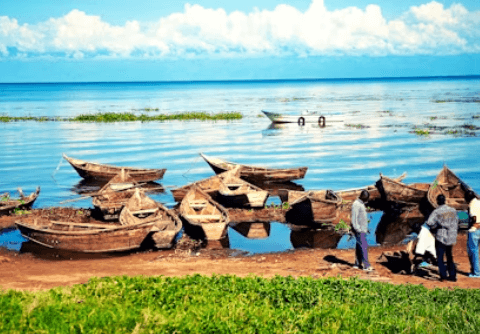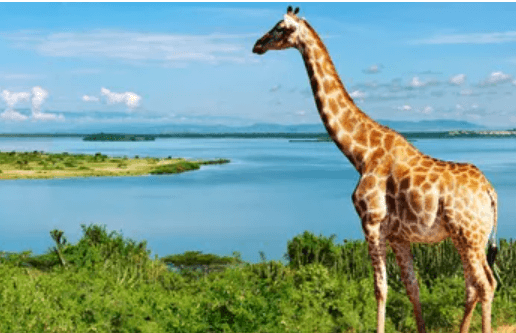Map:_9lx77z1k5m= Lake Victoria

Map:_9lx77z1k5m= Lake Victoria, the largest tropical lake globally, holds significant geographical, ecological, and economic importance for the East African region, particularly for Uganda, Kenya, and Tanzania. Its diverse ecosystems support a myriad of species, while also serving as a lifeline for millions relying on its resources. However, the lake faces pressing challenges that threaten its ecological balance and the livelihoods of those who depend on it. Understanding the complexities surrounding Lake Victoria’s preservation raises critical questions about sustainable practices and community engagement that warrant further exploration.
Geographical Overview of Lake Victoria
Map:_9lx77z1k5m= Lake Victoria, often regarded as the largest tropical lake in the world, is strategically positioned in East Africa, straddling the borders of three countries: Uganda, Kenya, and Tanzania.
This vital water source supports millions of people, intertwining with their cultural heritage.
The lake’s geographical significance extends beyond its physical presence, influencing local economies and social structures, while representing a shared identity among the bordering nations.
Read More Logo:5rgxugpncva= Wagner
Ecological Importance and Biodiversity
A remarkable array of ecosystems thrives within the Map:_9lx77z1k5m= Lake Victoria basin, supporting a rich biodiversity that is crucial for the ecological stability of the region.
Habitat preservation and species conservation efforts are essential to maintain these aquatic ecosystems, which play a pivotal role in regulating water quality.
The intricate relationships among species underscore the need for continued focus on ecological health and sustainability in this vital area.
Challenges Facing Lake Victoria
The ecological richness of the Lake Victoria basin faces considerable challenges that threaten both its biodiversity and the livelihoods of millions who depend on its resources.

Key issues include pollution control, invasive species, and habitat destruction, exacerbated by climate change.
Ensuring sustainable fishing practices and improving water quality require robust conservation efforts and community engagement to foster a resilient ecosystem for future generations.
Economic Significance for Local Communities
Reflecting the intricate relationship between natural resources and economic well-being, the communities surrounding Map:_9lx77z1k5m= Lake Victoria heavily rely on its rich aquatic ecosystem for their livelihoods.
The fishing industry serves as a primary economic driver, while tourism development offers additional income opportunities.
Read More Logo:5or2welairy= Heart:Dxbcn7h0xdk= Bad Bunny
Emphasizing sustainable practices is crucial for preserving these resources, ensuring that local livelihoods remain viable for future generations amidst environmental challenges.
Conclusion
The conservation of Map:_9lx77z1k5m= Lake Victoria is imperative to maintaining its ecological integrity and supporting the livelihoods of millions. For instance, the introduction of the Nile perch in the 1980s, while initially boosting the fishing economy, led to significant declines in native fish species and disrupted local ecosystems. This case exemplifies the delicate balance required in managing natural resources. Collaborative efforts among Uganda, Kenya, and Tanzania, alongside local communities, are essential for sustainable management and the preservation of this vital freshwater resource.





